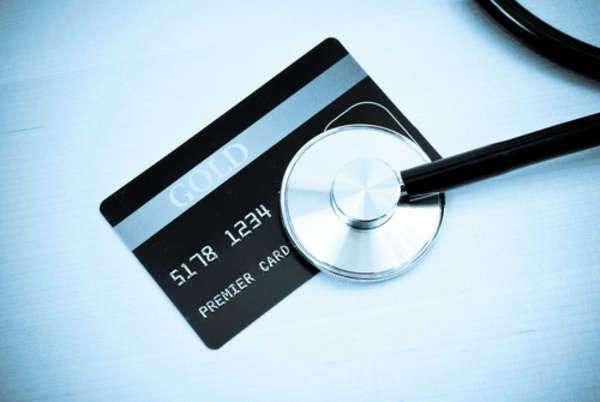Read This To Find Out Your Creditworthiness
Creditworthiness refers to a lender's assessment of an applicant's ability to handle his or her financial responsibilities. Whether or not an applicant is deemed to be creditworthy will often determine whether or not he or she will be granted a loan or a line of credit. If an applicant is not considered to be creditworthy, then a lender may not grant him or her a loan.
Creditworthiness will affect an individual's ability to make large purchases, such as a motor vehicle or a home. An applicant may be denied a loan that is necessary to obtain these items if he or she is deemed to not be creditworthy. In many cases, an individual who is not deemed p articularly creditworthy will be granted a loan, but will be charged higher interest rates than applicants who have maintained a solid credit history.
There are specific types of loans, and the high interest rates that are attached to these loans also make it easy for a struggling consumer to accrue further debt. An applicant who is granted a loan with a high interest rate has a greater chance of accumulating unmanageable debt, and therefore he or she may diminish his or her creditworthiness.

Creditworthiness is generally determined by reviewing an applicant's credit history. When an individual applies for a loan, a creditor will analyze his or her credit report in order to determine whether he or she is a high-risk investment. An individual's credit report will display information regarding his or her financial obligations and success handling them. The report will detail the debtor's payment history and verify whether or not he or she has regularly met bill deadlines, as well as paid off his or her debt to mortgage companies, credit unions, and businesses. Any payments that were late or missed will be reflected on this credit report.
If a credit report displays data that suggests that an applicant is financially irresponsible, this will undermine his or her creditworthiness and the lender will most likely deny the loan. If a consumer does not understand the proper way to utilize credit, there is a good chance that he or she will accrue more debt than he or she is able to manage. This may eventually lead to bankruptcy.